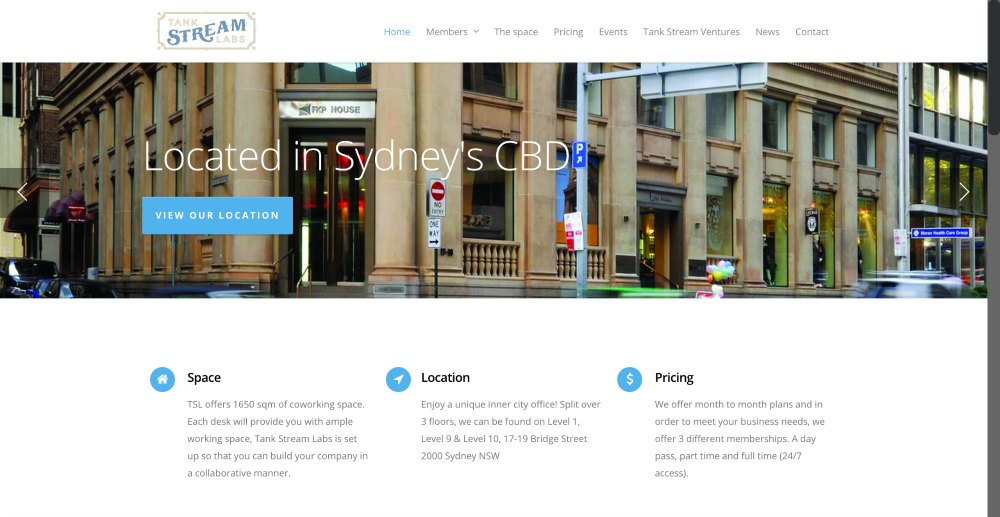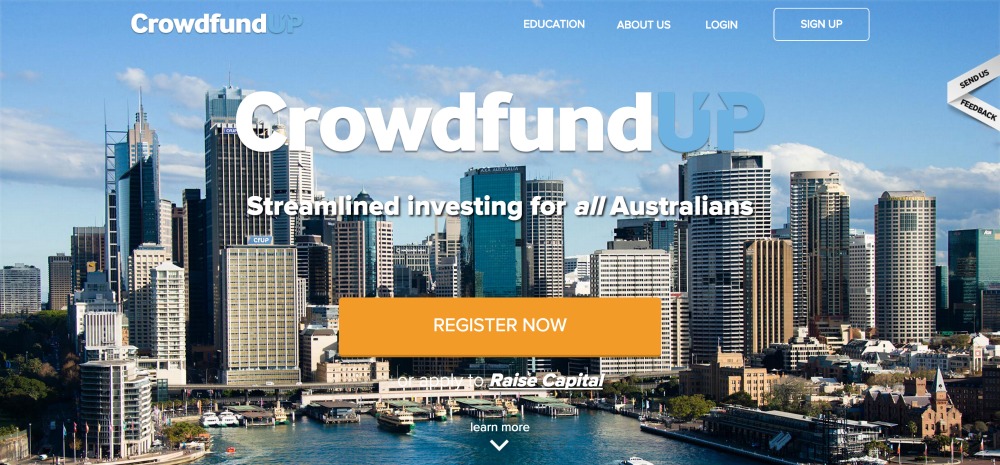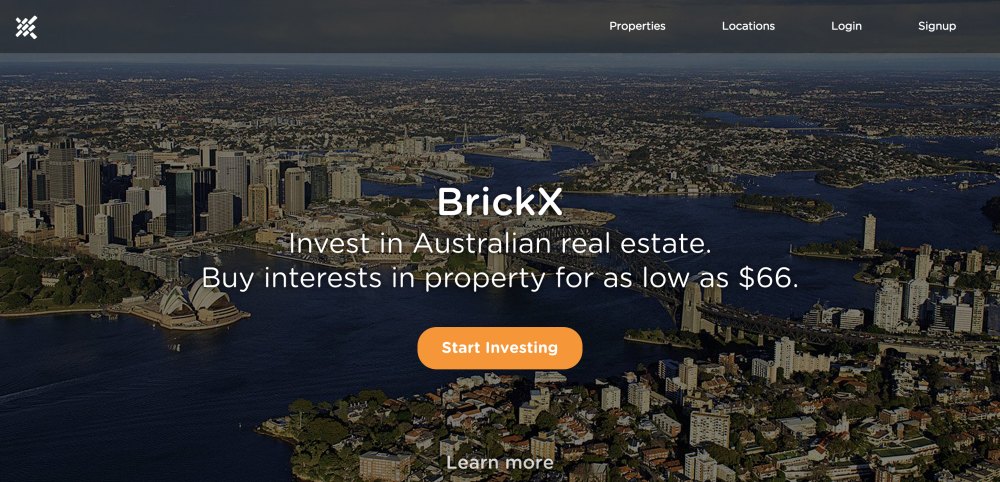
Pitch your Startup, App or Hardware or post a Startup Event or Startup Job
Australia is set to see a number of new startups that are applying Crowdfunding technology to real estate assets, Australian’s love our real estate so its easy to see why these startups each potentially have a bright future.
Unlike a lot of new startups one of the keys features of this group is the pedigree and financial backing that the executive teams have behind them.
BrickX
Behind BrickX is Markus Kahlbetzer and Darren Patterson. The Kahlbetzer Family is one of Australia’s wealthiest (of Twynam and Polo fame). The concept was born in the highly regarded Tank Stream Labs. Kahlbetzer is a private equity partner in Tank Stream Ventures along with the likes of Tim Fung (of Airtasker fame).
BrickX is a wholly owned subsidiary of the Bridge Lane Group, a private equity investment company. Bridge Lane Group holds an Australian Financial Services License (AFSL) via Bridge Lane Asset Management Limited (BAML) and allows wholesale investors to purchase units or “Bricks” in residential property through its Appointee, “BrickX”.
(See what I mean about not your standard corporate setup… )
Whilst the corporate structure isn’t simple the offer is incredibly straight forward. Each “brick” is a ten thousandth (1/10,000) of the property value and entitles the brick owner to the rental income and capital growth.
The properties are selected and managed by BrickX. Selection criteria is tightly focused on high yielding growth suburbs in Sydney and Melbourne. All are either modern studio, 1 or 2 bedroom units that don’t need refurbishment to attract good rental and tenancy conditions for the owners. Management on behalf of investors includes taking care of legals, stamp duty, tenancy issues.
Investors simply get a monthly return, which is higher than bank interest and the potential capital growth. The capital growth can be realised by the sale of an individual Brick to other investors or when BrickX determines a capital event would be advisable for the whole property.
BrickX is a platform that enables crowds to enter into the Australian residential property market. It’s low price point on entrance ($66 for a brick in some cases) and frictionless. As a way for investors to get into residential property, it has a lot going for it.
BrickX internal rules prevent it buying bricks back from investors and no investor can hold more than 500 or 5% of the bricks in any one property. This certainly gives ample space for a diversified crowd, but it is not clear if these rules will help or hinder liquidity of the bricks within their trading platform. It’s just too early to tell.
Which brings me to the opportunity for BrickX… The investors they can currently service must satisfy the Wholesale Investor requirement of $2.5m in assets and these people would most likely be directly involved with property already and wouldn’t necessarily see the same benefits a retail investor.
When BrickX can make a retail offer alongside the wholesale offer they will attract a much larger crowd. This crowd will see an attractive way to get the benefits of residential property investing without having the high barrier of entry usually required by a deposit. BrickX is a really smart move in this context as both Sydney and Melbourne become increasingly expensive for first time property investors.
Icon Park
Behind Icon Park is Dean McEvoy who successfully exited Spreets to Yahoo for ~$40m.
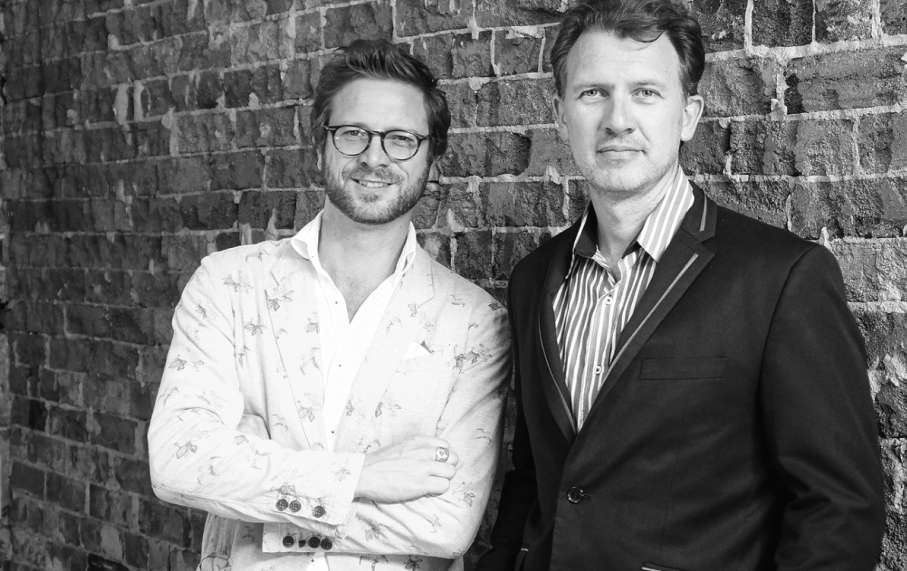
He’s paired up with hospitality guru Paul Schell and some ex-Yahoo talent to build their product. The skillsets of this team would be the envy of most startups.
Icon Park has taken another view of the way the crowd can be used to increase property returns. The novel way they mix the crowd with real estate investing is suitable not just in Australia but internationally.
So how does Icon Park work? Icon Park looks for hospitality space where food and beverage leases (preferably licensed premises) are coming up for vacancy. Rather than having the crowd invest directly in the property they are creating a way for the crowd to invest in the type of hospitality concept they would support with patronage.
This partly capitalises the operators and de-risks them as a tenant for the property. The property owner then benefits from a sustainable tenant and higher future rental yields should be expected.
In their Australian debut property they had 6 concepts create crowdfunding campaigns for their own pop-up concept and bring separate crowds to the platform. As the first concept reached its target it got the first 3-month operating season. After the season, the pop-up concept moves to their own “fully fledged” location with full ownership of their brand and idea, established clientele and PR-worthy story. The subsequent ideas have then take up their 3-month seasons. New operators with new concepts list each day for this one location.
Hospitality is a generally a “hit and miss” affair. Even the best operators have had occasional flops – with the wrong location or offering. With staffing, perishable goods and strong competition for customers, food and beverage hospitality can be a tough business model. Icon Park raised over $280000 in 21 days from customers willing to put their money where their mouth wanted to be. This was largest global raise of its type. Icon Park is a test-bed for smart hospitality operators with novel ideas.
Properties that may be suitable are increasingly coming up in places where late night licensing laws have caused a glut i.e Kings Cross, Oxford Street. Commercial property owners and leasing agents are looking for ways to maintain and lift performance on these assets. By and large they are keen to get creative and see Icon Park as a de-risking strategy.
Whilst Sydney and Australia is the “home” market for Icon Park similar market conditions exist (although not for late night lockout reasons) in the US, UK, Europe and parts of China. McEvoy and partners are acutely aware of this and want to carve a niche in the real estate industry, crowdfunding and hospitality crossover.
If they get it right they will carve a niche in the property market where the most highest rates per meter are achieved of any property niche.
CrowdFundUp
In front of CrowdFundUp is the charismatic corporate lawyer, Jack Quigley. Behind CrowdFundUp is various investors and importantly BDO Australia.
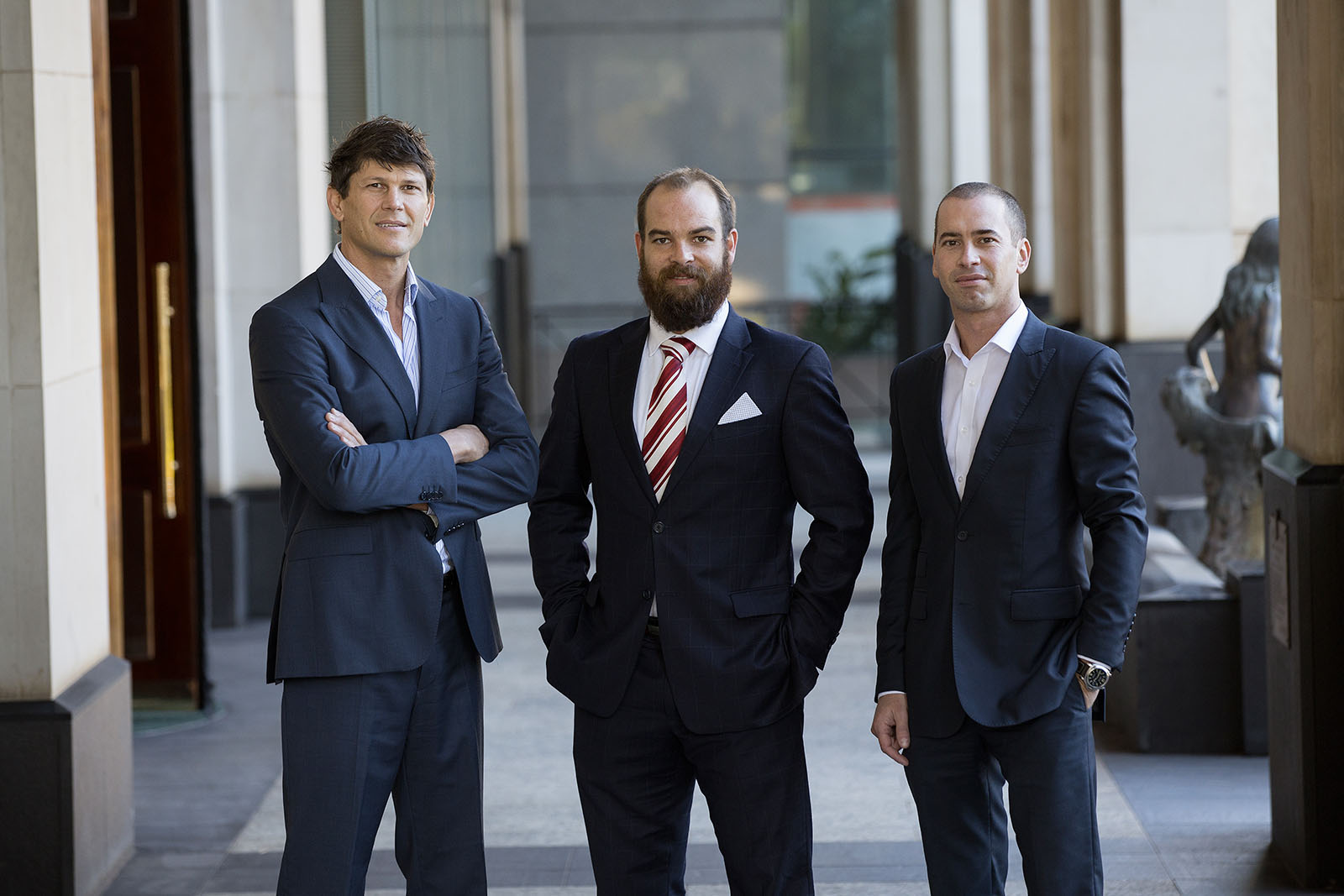
BDO is a “second tier” verging on “first tier” accounting firm with an international presence and capacity to help fill both investors and developers into the CrowdFundUp platform.
CrowdFundUp have launched with real estate crowdfunding, but they are keen to involve themselves with equity crowdfunding and debt crowdfunding when CSEF legislation is enacted in Australia (slated for Sept-Nov 2015).
CrowdFundUp have commenced within the framework that ASSOB has been using for 14 years. Legislation that allows CrowdFundUp and ASSOB to operate is an exemption of the Corporations Act, which allows compliant platforms to operate as a business introduction and matching service. The big step CrowdFundUp has made is to make entirely digital and relatively frictionless for the commercial exchange.
Previously people had to exchange letters of interest, offer documents and other formal notices for the transaction in a “snail mail” environment.
Commercial property developers are the first real estate market that CrowdFundUp have partnered with to help them finance developments with the crowd. These developments can attract funding from investors who put in as little as $100. The first property developer Megara has raised $145,000 in the first few days of being listed.
CrowdFundUp unlike many platforms is not limited only to sophisticated investors. Retail Investors can get involved too. Retail Investors typically can’t get access to commercial property deals (that typically outperform residential property) because of the capital entry level is often larger.
CrowdFundUp with their digital platform and ability to engage retail investors are the first-mover to offer the whole crowd an opportunity for real estate crowdfunding. Though they will not be alone for long.
What Next
None of these teams lack experience or sophistication, all of them have a long-term vision (Ed: plus a busload of cash), which will take them well down the runway before losing any steam.
They’ll need every bit of their respective nous in order to get off the ground in a big way. Aside from the commercial skills every startup needs, they’re all operating in Australia which hasn’t settled on equity crowdfunding legislation, which was necessary in international jurisdictions before real estate crowdfunding took off there.
Despite an unknown future regulatory system and the fact that others will be watching to see how it develops all these businesses are operating right now.
The next six months will probably see massive improvement and clarity in the real estate crowdfunding space. In part because now investors, platforms and issuers will start getting real-world experience and in part because clear CSEF legislation should develop.
Overseas real estate crowdfunding has been one of the more successful applications within the crowdfunding space, you can expect similar results in Australia.
Pitch your Startup, App or Hardware or post a Startup Event or Startup Job
